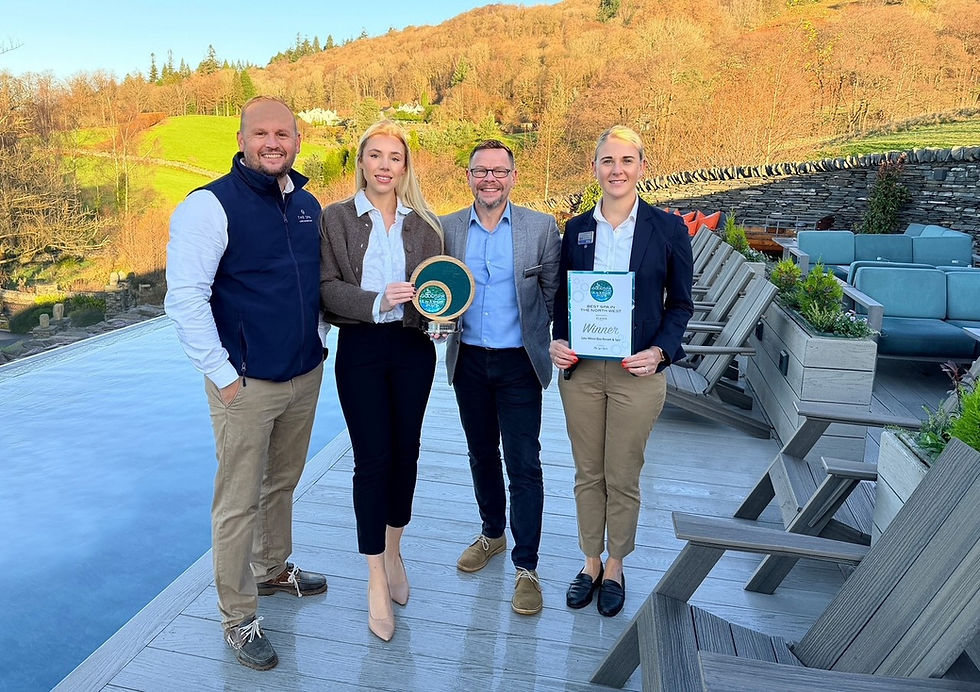- Paul Andrews

- Mar 26, 2024
- 3 min read

Younger drivers are more likely than older age groups to favour a subscription service for cars over ownership, according to new research from Deloitte.
Key Findings:
Gen Z and millennials more likely than others to favour car subscription service over ownership model
One in five consumers of all ages (18%) prefer car subscription service and this interest increases among 18-34-year-olds (28%);
Nearly a third (32%) of consumers say they would consider purchasing insurance directly from the manufacturer if given the option;
Nearly three quarters of consumers (71%) say they expect to spend less than £30,000 for a new or used vehicle;
46% worried about the lack of public electric chargers.
Based on responses from over 1,500 UK consumers, Deloitte’s Global Automotive Consumer Study found that whilst over half of consumers (52%) show no interest in car subscription models, one in five consumers of all ages (18%) were in favour and this interest increases significantly among 18-34-year-olds (28%).
Jamie Hamilton, automotive partner and head of electric vehicles at Deloitte, said: “Vehicle subscriptions appeal to younger consumers because they provide flexibility and choice. They offer the advantages of having your own personal vehicle without the disadvantages of ownership."
“Subscriptions also create a sustainable business model for used cars – increasing vehicle usage and giving consumers the choice to pause their membership when they don’t need their car.”
When asked about buying a car, affordability remains a priority for consumers, with 80% who expect to pay less than £400 a month in a subscription for their next used or new vehicle.
Meanwhile, nearly a third (32%) of consumers say they would consider purchasing insurance directly from the manufacturer if given the option. Of those consumers, nearly half (46%) said the primary benefit for this would be convenience, with 41% citing cost savings over current providers.
Hamilton added: “Car manufacturers and dealers are looking at additional and new potential profit streams including bringing insurance products and subscriptions services inhouse, signalling potential disruption to the current business model."
“For consumers, convenience, cost, and flexibility continue to be the most important characteristics when making decisions on their vehicles.”
Interest in battery electric vehicles (BEVs) is softening – less than one in ten (9%) said they would prefer a new and used BEV as their next car, down from 11% last year. Recent sales figures from the Society of Motor Manufacturers & Traders also shows that some car manufacturers are starting to lag behind their zero emission vehicle targets, which requires at least 22% of new cars to be zero-emission in 2024.
More than half (57%) of consumers say that the most significant impact on their decision to purchase a BEV is lower fuel costs. Price remains a key barrier to adoption of BEVs, with nearly three quarters of consumers (71%) saying they expect to spend less than £30,000 for a new or used vehicle.
Driving range is also prioritised when making the switch to electric, with a third of consumers (34%) who expect a fully charged BEV to have a driving range of at least 400 miles. Charging infrastructure continues to be a key concern for consumers, with 46% worried about the lack of public electric chargers.
Hamilton commented: “One of the biggest issues in the uptake of BEVs alongside charging is affordability, and until we see schemes targeting this specific area, such as used car salary sacrifice arrangements to help stimulate growth, this will continue to deter consumers from making the switch to electric."
“For those with access to charging stations, there is a desire for a more convenient payment mechanism, with 66% signalling they would prefer to pay with credit or debit card."
“The availability of charging infrastructure however remains an issue, particularly for customers without access to off-street parking. For BEVs to integrate further into everyday life, greater accessibility to public charging points is required. It also needs to be easier for customers to make use of those charging points already in place.”






